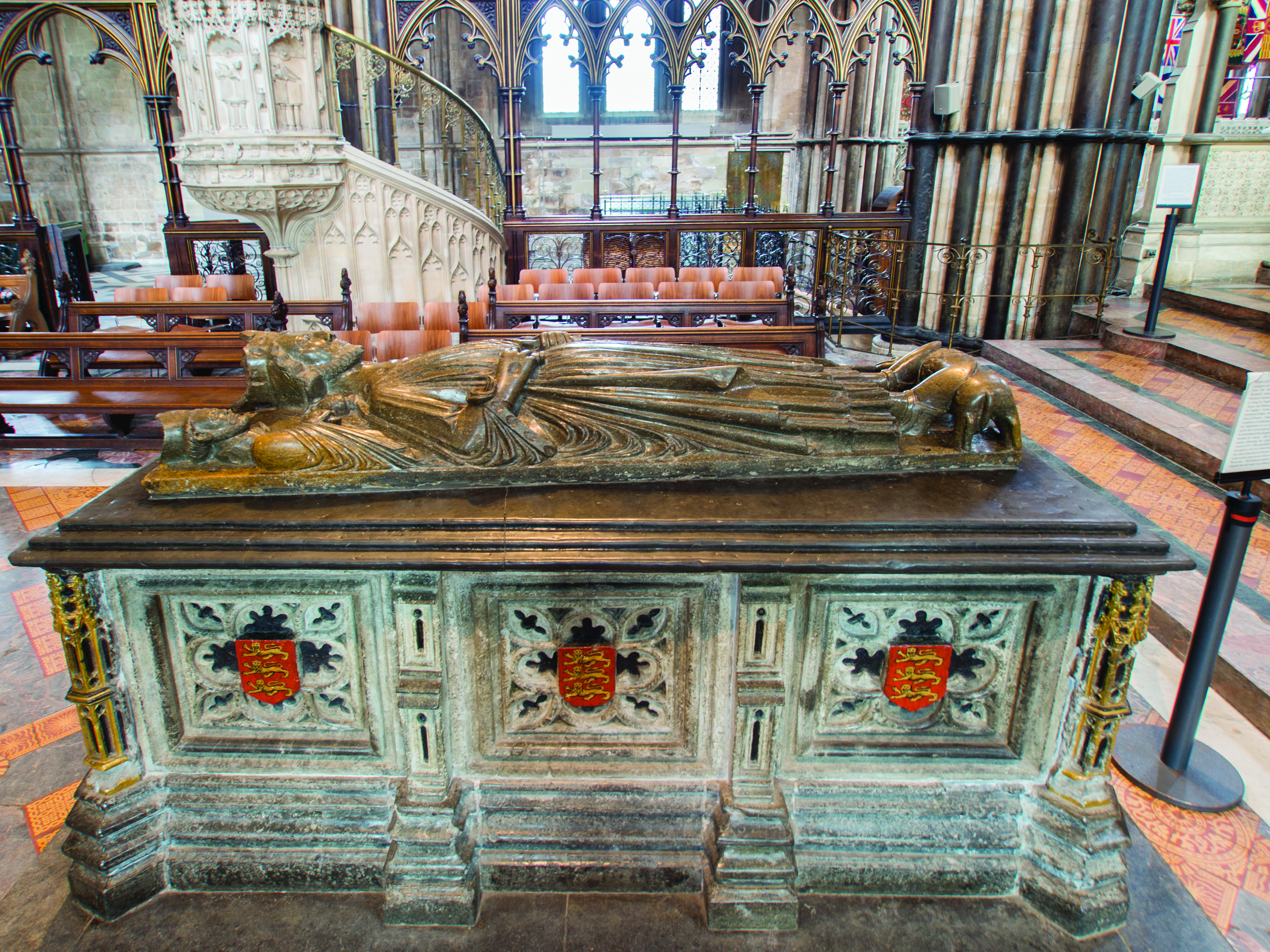
We are rightly inspired by our legal heritage, not least by cl 40 of Magna Carta, which nobly proclaims: ‘to no one will we sell, to no one deny or delay, right or justice.’ The pre-eminent place of English legal tradition in the nearly worldwide adoption of human rights principles is beyond question. Real life, however, has never matched the ideal aspired to in the year 1215. Progress towards equal justice has always been patchy. When there has been improvement it has usually been due to the courageous and determined efforts of a few outstanding but unrecognised individuals.
This is especially true of the criminal law, which at the time of Magna Carta and long after was perceived not as an instrument of justice but of authoritarian control. Those accused of crime were given little opportunity to defend themselves. In primitive times guilt was decided by supposed divine instruction or by whim and prejudice rather than evidence. In spite of the brave words of the Magna Carta, the concept of justice had little practical application.
Just William?
One individual who delivered a major advance was William Garrow, little known until a successful television series brought him to public notice in 2005. Since then he has receded into his former obscurity but he should not be forgotten. He deserves most of the credit for the adversary form of the criminal trial which we know today.
Born in 1760 into the family of a schoolmaster he was articled to a London solicitor at the age of 15 but three years later switched to the Bar. Without the connections which would have secured him access to the lucrative patronage of the propertied class, he tried to develop a criminal practice at the Old Bailey. This demanded extraordinary energy and assertiveness. It is hard to appreciate today the plight of defendants in nearly all criminal cases when Garrow started practice. They could not see the indictment, had no right to address judge or jury, call witnesses, or cross-examine prosecution witnesses. Prisoners— for of course they were already detained before trial—could not even give evidence on their own behalf. There was no role for defence counsel without the acquiescence of the judge.
Treason
In the mid-17th century, the leader of the Levellers, John Lilburne, defended himself against charges of treason and sedition in the Star Chamber and the House of Lords. He claimed a right to silence when resisting interrogation, demanding sight of the charges against him and access to legal advice. In cases of treason these obviously necessary rights were eventually granted by the Treason Act 1696. These reforms applied only to treason, not to other offences.
Nothing much changed for more than another century. Criminal barristers were derided as thugs and bullies. In 1834 The Times wrote: ‘The Old Bailey has long been a scandal to the country and a by-word expressive of everything coarse and indecent in the business of advocacy.’ Yet Garrow demanded to be heard. Later James Fitzjames Stephen in his History of the Criminal Law of England (1883, Vol 1, p 424) wrote: ‘The most remarkable change in the practice of the courts was the process by which the old rule which deprived prisoners of the assistance of counsel in trials for felony was gradually relaxed. A practice sprung up, the growth of which cannot now be traced, by which counsel were allowed to do everything for prisoners accused of felony except addressing the jury or them.’
Neither Stephen nor the other great legal historians such as Holdsworth gave Garrow the credit he was due. It was left to the West London solicitor John Hostettler—author in his spare time of an impressive series of legal biographies—with a descendant of Garrow, Richard Braby, to uncover Garrow’s vital contribution. (Sir William Garrow – His Life, Times and Fight for Justice, Waterside Press 2009).
Another side
There is however another side to Garrow which may have contributed to his neglect. Having achieved early fame by his vigorous advocacy at the Old Bailey, he succumbed to the temptations of conventional success. In 1793 he became King’s Counsel and a bencher of Lincolns Inn. In 1806 he was elected to Parliament. Thereafter honours and public appointments multiplied: solicitor general in 1812; attorney general in the following year; then baron of the exchequer. He sat on the bench from 1817 to 1832, was made a privy councillor and died in retirement in 1842.
Following his Old Bailey years, in contrast to his early battles for justice for the downtrodden, he became a favoured prosecutor on behalf of the conservative government of William Pitt the Younger in which he later held office. Thomas, Lord Erskine, who has remained celebrated as the great defence advocate of the period, was his frequent opponent. Erskine’s best known forensic achievement is his successful defence in the treason trials of 1794. Erskine’s clients were alleged (wrongly) to be preparing violent revolution in imitation of what had been taking place in France. It is less often remembered that Garrow appeared against him for the government.
The TV series Garrow’s Law allows itself some poetic licence by crediting some of Erskine’s successes to Garrow. The inclusion of more good stories adds to the entertainment value but avoids some of the complexities of Garrow’s character. Yet he remains a hero in the development of the criminal law.










